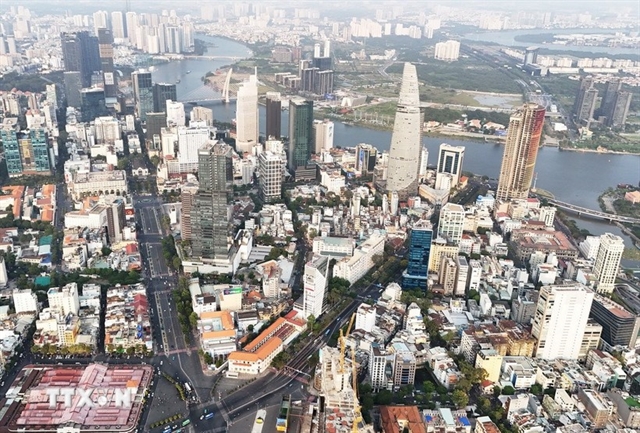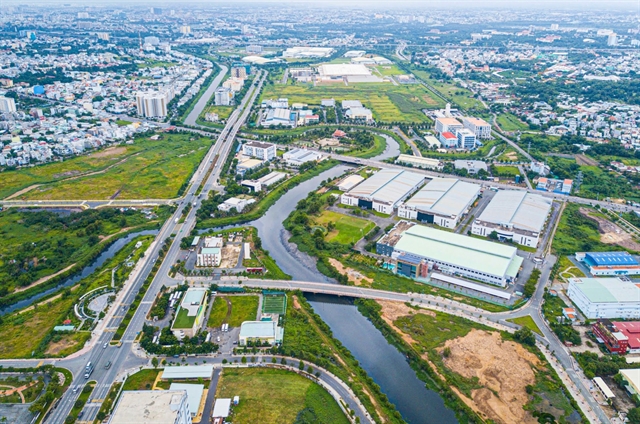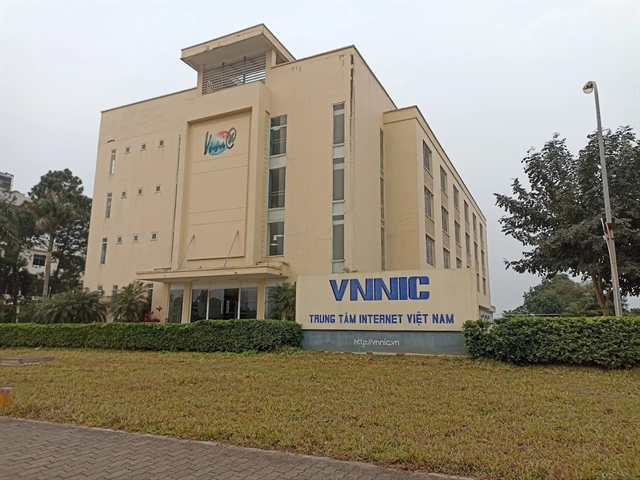 Economy
Economy
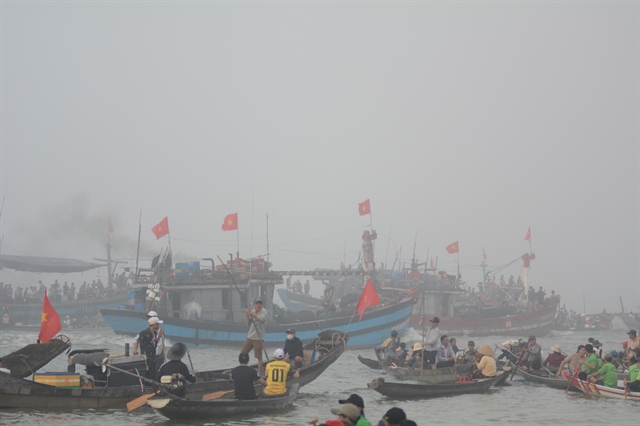
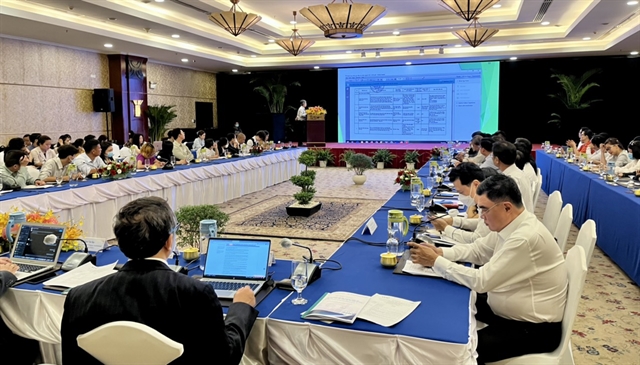
|
| A conference in HCM City on Thursday discusses ways to attract investment in infrastructure under the public-private partnership model. VNS Photo Bồ Xuân Hiệp |
Bồ Xuân Hiệp
HCM CITY — Fairness, transparency and flexibility are among the decisive factors to win investors’ trust in the public-private partnership model, a conference heard in HCM City yesterday.
Leif D. Schneider, vice chairman of the European Chamber of Commerce in Việt Nam’s legal sector committee, said: “Rapid changes in laws such as the Investment Law, Land Law, Enterprise Law, and PPP Law create uncertainties about the legal conditions for foreign investment.
“Uncertainty and unpredictability are the natural enemies of PPP.”
There are certain minimum standards that must be guaranteed by the Government to lower risks and costs for foreign investors, he said.
It is vital to be flexible about the contents and terms, and conditions of PPP agreements because rigid contract templates discourage investors, he said.
“Transparent bidding procedures are also needed to foster investor trust.”
Risk-sharing mechanism
Other experts said the lack of a “comprehensive risk-sharing mechanism” would reduce the attractiveness of PPP transactions in Việt Nam despite the huge potential for growth as the country ramps up efforts to build modern infrastructure.
It is important to develop a mechanism which would harmonise the benefits of the Government, investors and users to create favourable conditions and trust to attract investors and credit institutions to PPP projects, they said.
Lê Nết, an arbitrator at the Việt Nam International Arbitration Centre in HCM City, said the risks in PPP projects must be equally shared between the Government, investors and banks.
“Risks must go together with benefits.”
Risks could occur in any aspect of a PPP project like budget, resources, processes, and technology, he said.
Other participants said it is important to ensure fairness between the State and investors.
Trương Trọng Nghĩa, another arbitrator at the Việt Nam International Arbitration Centre, said Việt Nam spends up to 5.7 per cent of its GDP on infrastructure, the highest in Southeast Asia.
The country needs to attract private investment to help narrow the gap in infrastructure with other countries, he added.
Vũ Quỳnh Lê, deputy director of the Ministry of Planning and Investment’s Public Procurement Agency, said the 2021 Law on PPP provides a legal framework for all PPP projects.
It is expected to help resolve investors’ concerns and contribute to a trusting relationship between the Government and investors, and address major problems faced by infrastructure projects such as slow progress, cost overruns and poor quality, she said.
Experts called for a comprehensive review of the law and detailed guidelines in the meantime to regulate the relationship between Government agencies and private investors.
Huge investments needed
The Asian Development Bank (ADB) has estimated Việt Nam would need US$480 billion worth of investment in infrastructure by 2030.
In 2021-25 the Government plans 157 projects including in transport infrastructure, industrial parks and economic zones, energy, IT, waste and wastewater treatment, education, health, manufacturing, and services.
Of them, 34 are transport projects, 23 of them under the PPP model.
By 2050 Việt Nam is expected to have 9,014km of national highways and 29,795km of national roads, according to the Directorate for Roads of Việt Nam.
By 2025 the country would need VNĐ390 trillion of which the Government would be able to provide only VNĐ250 trillion, and the rest has to be mobilised from the private sector.
The meeting was organised by the HCM City Investment and Trade Promotion Centre and the Vietnam International Arbitration Centre. — VNS

